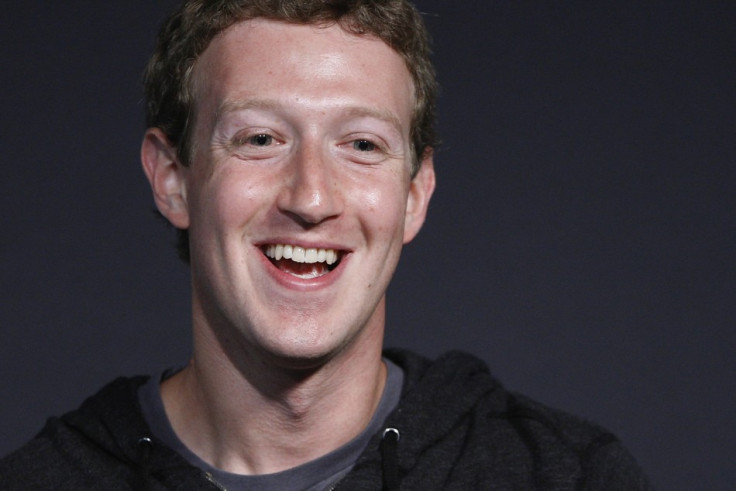Facebook Using Drones, Lasers and Satellites to Deliver Internet to Third World

Facebook has unvield plans to bring Internet connectivity to third world countries by using drones, satellites and lasers.
Mark Zuckerberg launched his Internet.org initiative last August, with the lofty aspirations to connect a further five billion people to the internet, bringing affordable apps and mobile web access to the two-thirds of the world who are not yet online.
Six months on Zuckerberg says the group is making good progress, revealing more details of just how it is planning on deliverying on its promise:
"In our effort to connect the whole world with Internet.org, we've been working on ways to beam internet to people from the sky," Zuckerberg wrote on Facebook.
"Our team has many of the world's leading experts in aerospace and communications technology, including from NASA's Jet Propulsion Lab and Ames Research Center. Today we are also bringing on key members of the team from Ascenta, a small UK-based company whose founders created early versions of Zephyr, which became the world's longest flying solar-powered unmanned aircraft. They will join our team working on connectivity aircraft."
Drones
Connectivity Lab, a new department within Internet.org, is exploring various alternatives to beam internet to the masses from the skies. A solar-powered drone is one of the options being considered.
"For suburban areas in limited geographical regions, we've been working on solar-powered high altitude, long endurance aircraft that can stay aloft for months, be quickly deployed and deliver reliable internet connections," Internet.org noted in a statement posted on its website. "For lower density areas, low-Earth orbit and geosynchronous satellites can beam internet access to the ground."
In both possible scenarios, Internet connectivity will be beamed through free-space optical communication that utilizes "light to transmit data through space using invisible, infrared laser beams".
Project Loon
Launched in August 2013, the organization is a partnership between Facebook and industry giants such as Nokia and Qualcomm. Together, they aspire at taking the Internet to the five billion people across the globe who don't have access to it.
Last month at Mobile World Congress, Zuckerberg revealed that Internet.org was working with several telecom operators across the world to reduce the cost of Internet connectivity.
Back in 2013, Google unenvied a similar project called Project Loon which involved using high-altitude balloons to deliver fast Internet in remote areas.
"Project Loon balloons float in the stratosphere, twice as high as airplanes and the weather. People can connect to the balloon network using a special Internet antenna attached to their building", said Google.
© Copyright IBTimes 2025. All rights reserved.






















